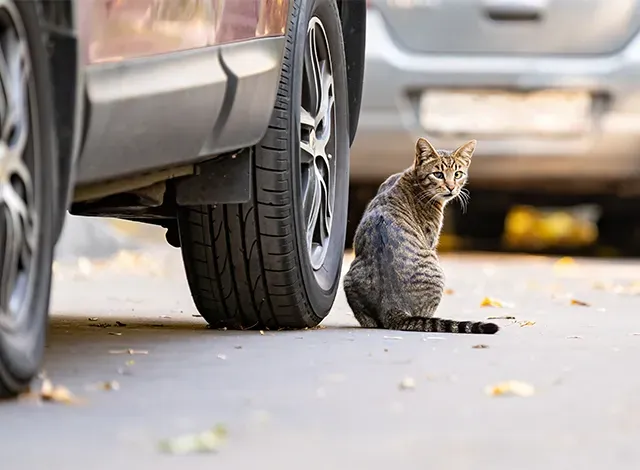LAURIE WEIR
A dying stray cat in Smiths Falls was picked up by a local rescue, rushed to the vet, and euthanized. The bill was $485. The town says it is not responsible because a registered charity acted first.
That is the problem.
Smiths Falls’ animal control bylaw gives the town responsibility for stray, lost, or injured domestic animals. It authorizes arranging medical care when needed. But it does not say what happens when someone else gets there first.
This time, the person who got there first was a qualified rescuer. She did what was morally and ethically right. She spared an animal from another hour of agony. She also ended up with the bill.
Rescue operators see this all the time. Stray cats are running rampant in many towns, including Smiths Falls. They breed quickly, they roam, they get sick and injured. Some are abandoned pets. Others are feral and have never known a home. Many are in terrible shape.
For the average person, stepping in to help can mean taking on hundreds of dollars in veterinary costs. If you cannot pay, the only other option is to look the other way and hope someone else makes the call. Too often, that “someone else” never comes.
This is a system that forces people to choose between their own financial security and the welfare of an animal in pain.
What should happen
If an animal is within municipal jurisdiction, the municipality should remain financially responsible for its care, no matter who arrives first to help. That includes vet bills for treatment or humane euthanasia when there is proof of the condition and urgency. Documentation could be photos, time stamps, and veterinary reports.
Municipal animal control should have standing agreements with trusted rescues. Those agreements could allow rescues to submit bills for reimbursement if they step in before bylaw officers arrive, with reasonable cost caps to keep expenses in check.
Triage and after-hours protocols should prioritise the animal’s welfare over bureaucracy. The question of “who called first” should never decide whether an animal gets help.
Funding should come from the existing animal control budget. Municipalities already budget for impoundment, care, and euthanasia. It should not matter whether the pound handles the intake or a rescue does.
Updating bylaws to close this gap would protect both animals and the people who act to help them. It would also give municipalities a chance to work collaboratively with rescues instead of leaving them to carry the load alone.
Why it matters
The Smiths Falls case shows how the current system discourages good people from acting quickly when animals are in distress. That means more suffering, more preventable deaths, and a bigger problem down the road.
Ignoring it does not make the issue go away. Every unaltered stray cat can produce dozens of kittens in a few short years. Without intervention, the population explodes, disease spreads, and the costs, financial and ethical, only grow.
When an animal is in pain, there is no time for a debate over jurisdiction. The humane thing is to act. The responsible thing is for the municipality to stand behind that action when it happens in their jurisdiction.
Until that changes, rescues will keep paying the price. And in too many cases, the animals will keep paying with their lives.
RELATED: Mel’s Farm rescue left with vet bill for dying cat after Smiths Falls bylaw declined to act


